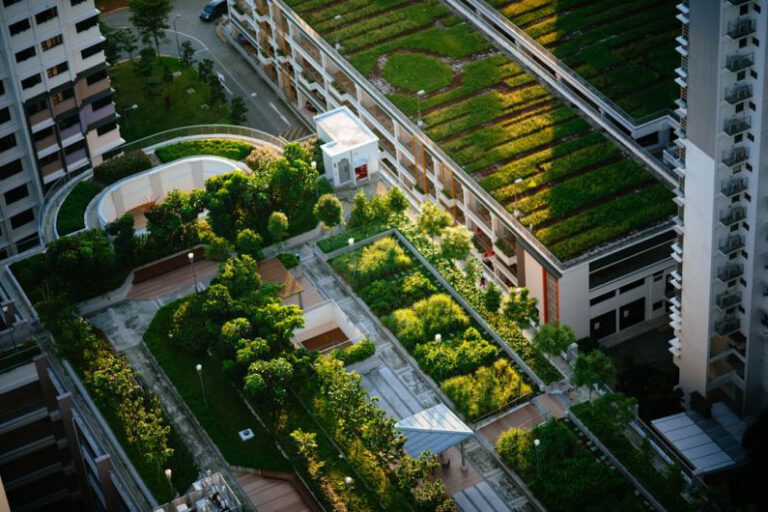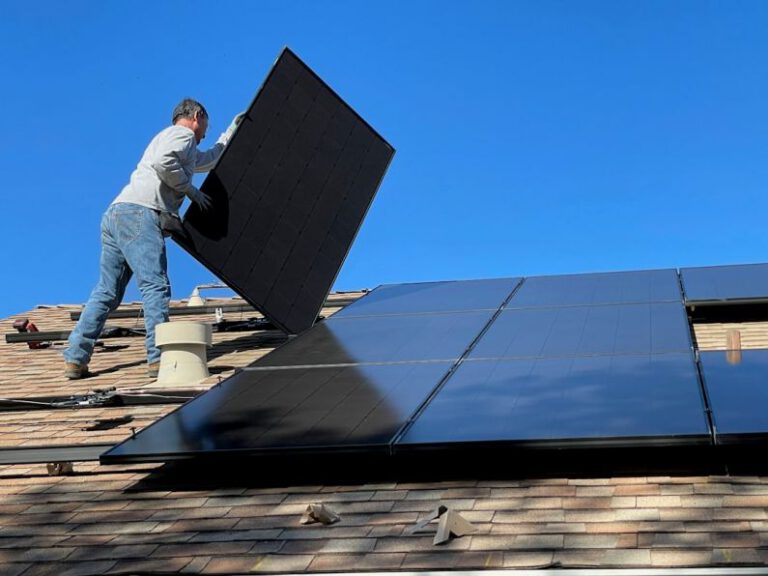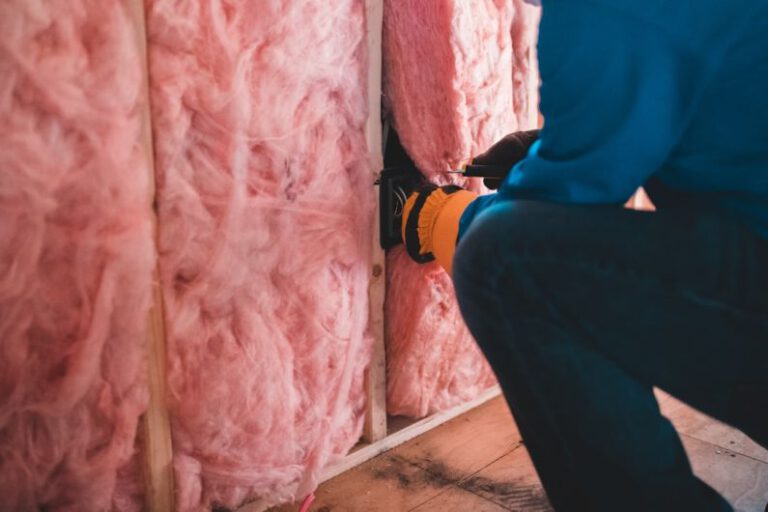How Does Composting Contribute to a Sustainable Home?
Living sustainably has become increasingly important in today’s world as we strive to minimize our impact on the environment. Composting is one simple yet effective way to contribute to a sustainable home. By turning food scraps and organic waste into nutrient-rich soil, composting not only reduces household waste but also provides numerous environmental benefits. Let’s delve into how composting plays a vital role in creating a more sustainable living environment.
### Reducing Waste
One of the most significant advantages of composting is its ability to reduce household waste. Food scraps and organic materials make up a substantial portion of what we throw away daily. By composting these materials instead of sending them to landfills, we can significantly decrease the amount of waste that ends up polluting the environment. In turn, this helps to lessen the strain on landfill capacities and reduces the production of harmful greenhouse gases that contribute to climate change.
### Soil Enrichment
Composting is a natural process that transforms organic waste into a nutrient-dense soil amendment known as compost. This compost is rich in essential nutrients that benefit plants and soil health. By incorporating compost into your garden or yard, you can improve soil structure, enhance water retention, and promote the growth of healthy plants. In addition, using compost as a natural fertilizer reduces the need for chemical-based fertilizers, which can have negative effects on the environment and human health.
### Carbon Sequestration
Composting plays a crucial role in carbon sequestration, a process that captures and stores carbon dioxide from the atmosphere. When organic waste decomposes in a landfill, it releases methane, a potent greenhouse gas that contributes to global warming. In contrast, when organic matter is composted, the carbon is stored in the soil rather than being released into the atmosphere. This helps to mitigate climate change by reducing greenhouse gas emissions and promoting carbon sequestration in the soil.
### Biodiversity Support
Composting fosters biodiversity by creating a healthy environment for beneficial microorganisms, insects, and other organisms that play a vital role in soil health. These organisms break down organic matter in the compost pile, speeding up the decomposition process and creating a nutrient-rich soil amendment. By supporting biodiversity in your compost pile, you are contributing to a more resilient and balanced ecosystem in your own backyard.
### Resource Conservation
Composting also helps conserve valuable resources by closing the loop on the natural nutrient cycle. Instead of discarding organic waste, which requires energy-intensive transportation and disposal processes, composting allows you to recycle these materials back into the earth. In doing so, you are reducing the demand for synthetic fertilizers and preserving finite resources such as water and energy that are used in the production of these chemical inputs.
### A Greener Future
Embracing composting as a sustainable practice in your home is a small yet impactful step towards creating a greener future. By diverting organic waste from landfills, enriching soil health, sequestering carbon, supporting biodiversity, and conserving resources, composting offers a multitude of environmental benefits that contribute to a more sustainable living environment. As individuals, we have the power to make a difference through simple actions like composting, and together, we can work towards a more sustainable and resilient planet for future generations to come.
### Embracing Sustainability Through Composting
In conclusion, composting is a powerful tool that empowers individuals to live more sustainably and reduce their environmental footprint. By embracing composting as a daily practice, we can minimize waste, enrich soil, sequester carbon, support biodiversity, and conserve resources. Each compost pile represents a small but meaningful contribution to a healthier planet and a more sustainable future. Let’s continue to prioritize sustainable practices like composting in our homes and communities to create a positive impact on the world around us.






